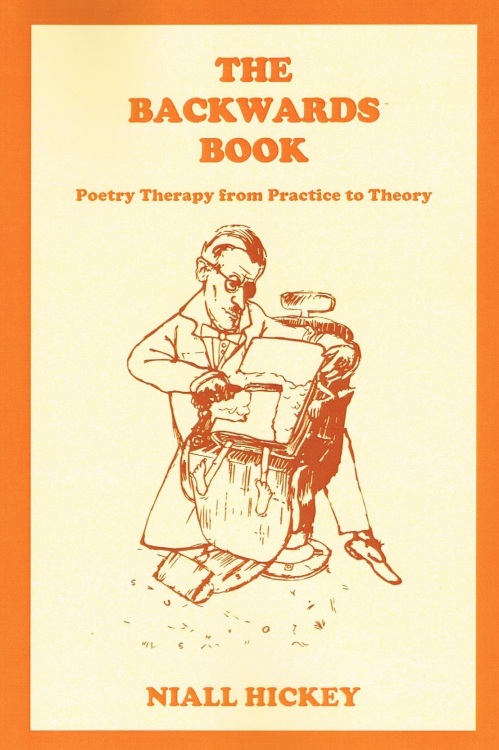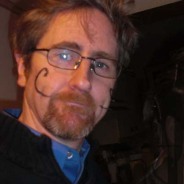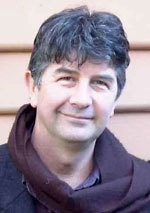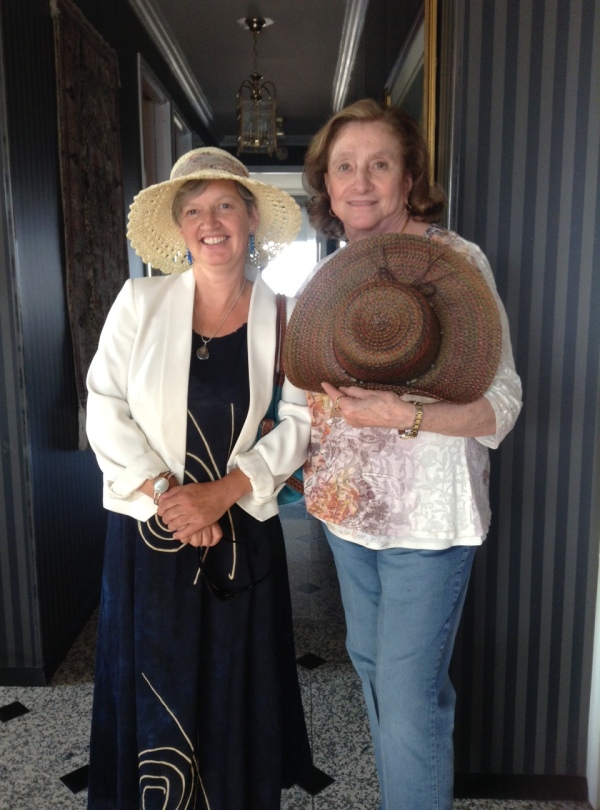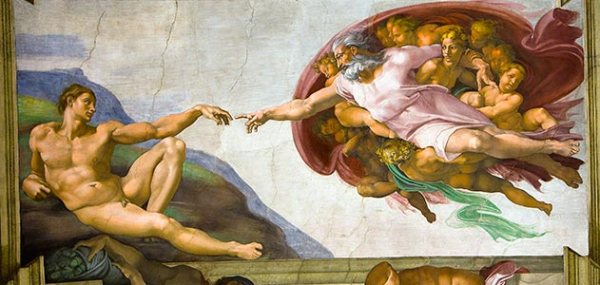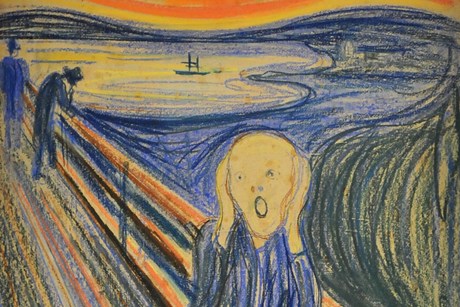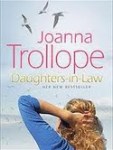PoetryReach and iaPOETRY present
“PRECIOUS JEWELS AND BROKEN VASES”:
FINDING A MAP BY EXPLORING POETRY THROUGH CREATIVE WRITING
At the Glenroyal Hotel, Maynooth
Wednesday, 11th September – Sunday, 15th September, 2013
FEE: Full Convention €300 Daily Rate €100





PROGRAMME
Wednesday, 11th September
6pm – 7pm
REGISTRATION AND WELCOME BY NIALL HICKEY
7pm – 9pm
WORKSHOP PRESENTED BY LILA WEISBERGER
“THE ART OF RESILIENCY – POETRY THERAPY: AN EXPERIENTIAL JOURNEY”
A LIFE VIEW OF NOT JUST SURVIVING BUT THRIVING
“Be like a good seismograph: sensitive enough to register what happens but strong enough not to be wrecked …”
“…human beings have to occupy that position between being so steady and dull that they can’t register, and being so sensitive that they’re wrecked by anything they register.” —- William Stafford
Thursday, 12th September
10am – 1pm
WORKSHOP PRESENTED BY JILL TEAGUE
“IN PIECES – FRAGMENTARY WRITING”
And did you get what
you wanted from this life, even so?
I did.
To call myself beloved, to feel myself
beloved on this earth. (“Late Fragment” – Raymond Carver)
Often we are moved or inspired by just a line or two of a poem or a piece of prose. In many instances these “fragments” have a lasting resonance. During this session we will explore fragmentary writing as a genre, using a wide range of contemporary fragmentary writing from diaries, notebooks and letters; aphorisms; short prose pieces and vignettes.
2pm – 5pm
WORKSHOP PRESENTED BY GER CAMPBELL
“FINDING THE TREASURE IN THE RIVER OF LIFE”
the stories buried in the mountains
give out into the sea
and the sea remembers (David Whyte)
As we journey through life so also does the river. In this session we will explore our own hidden depths through writing and poetry. Rivers feature in so many song titles, and as poetry and music nourish and sustain us so the river also nourishes the land through which it flows. Together we will immerse ourselves in the creative flow of words and ideas and allow the current to take us on our own creative journey.
Friday, 13th September
10am – 1pm
WORKSHOP PRESENTED BY JILL TEAGUE
“AMETHYST REMEMBRANCES”
I held a jewel in my fingers
And went to sleep.
The day was warm, and winds were prosy;
I said: “’T will keep”.
I woke and chid my honest fingers,-
The gem was gone;
And now an amethyst remembrance
Is all I own. (Emily Dickinson)
2pm – 5pm
WORKSHOP PRESENTED BY VICTORIA FIELD
“THE CRACKED POT”
This is an image that occurs in fables and parables in many traditions. A water bearer carries two pots on a yoke across her back. When she reaches her destination, the cracked pot is empty, all the water having leaked away. However, over the weeks and months, flowers have grown all along the side of the path where the pot leaked. There’s an image circulating on the net of a pot where the cracks have been filled with gold. Leonard Cohen famously sang in Anthem, “There is a crack, a crack in everything / That’s how the light gets in”. in this session, we will explore the therapeutic potential of this image in poetry, prose and collage.
Saturday, 14th September
10am – 1pm
WORKSHOP PRESENTED BY CAROL BOLAND
“THE MASK AND THE MUSIC”
When I talk to my friends I pretend I am standing on the wings
of a flying plane . . .’ Jason Shinder
The persona, for psychologist Carl Jung, was the social face the individual presented to the world, ‘a kind of mask, designed on the one hand to make a definite impression upon others, and on the other to conceal the true nature of the individual.’ The aim of this workshop is to guide participants along a path of self-discovery. It will explore the themes of identity and persona using specific poems, fun exercises and African music to encourage group discussion and creative writing.
2pm – 5pm
WORKSHOP PRESENTED BY LILA WEISBERGER
“POETRY AS APPLAUSE”
explore with humour, poems about waiting and wanting to be recognised.
DON’T SIGN YOUR BOOK WITH A LEAKY PEN!
“…..Work is what you have done
after the play is produced
and the audience claps.
Before the friends keep asking
when you are planning to go
out and get a job…..”
—–MARGE PIERCY
Sunday, 15th September
10am – 12pm
WORKSHOP PRESENTED BY VICTORIA FIELD
“R.S. THOMAS AS A SOURCE OF BURIED TREASURE FOR POETRY THERAPY”
.…that was the pearl
of great price, the one field that had
treasure in it…’
The poetry of R.S. Thomas covers a wide variety of themes but nearly all of his work stems from his conflicted relationship with his country, Wales, and his struggle, even as a priest, to make sense of his spirituality. His poems range from unflinching, unsentimental descriptions of rural life to metaphysical meditations on spirituality. In this, his centenary year, he is more popular than evber, perhaps because “he attempted to make spiritually minded poems relevant within, and relevant to, a science-minded, post-industrial world”. He was also a great bird watcher. In this session, we will look at examples of his poems, discuss their therapeutic potential and write in response.
12.15pm – 1.00pm
CLOSING OF CONVENTION BY NIALL HICKEY
GROUP POEM BY GER CAMPBELL
FACULTY
 LILA LIZABETH WEISBERGER
LILA LIZABETH WEISBERGER
Lila is co-author of “The Healing Fountain: Poetry Therapy for Life’s Journey”, required reading for those training to become poetry therapists. Lila has a rich professional background. Her most current book “The Art of Finding: a Memoir, Survivor’s Guide, Love Story” includes articles she wrote for a national poetry therapy newsletter for over twelve years. She is on the Editorial Board of the “Journal of Poetry Therapy”.
Lila is a New York State licensed Creative Arts Therapist, a Poetry Therapy Practitioner, a Master Mentor Supervisor, a Certified Alcohol and Substance Abuse Counsellor Emeritus and Educator.
Her profession as a School Psychologist led to many awards, as did her presidency of a National Poetry Therapy organisation. Her favourite quote on one of her awards is: ”what enters, enters like that,unstoppable gift”.
Lila is the founder of BridgXngs Poetry Centre, Inc, a New York State Educational Organisation which has members in the U.S., Ireland, Wales, Japan,New Zealand, Mexico, Jamaica and Canada, and also the founder and Creative Director of the International Academy for Poetry Therapy (iaPOETRY). Her work as a poetry therapist includes a rich diversity of activities. Her trainees have honoured her with the title “Fairy Godmother of Poetry Therapy”.
 VICTORIA FIELD
VICTORIA FIELD
Victoria is a Certified Poetry Therapist, having qualified with the US National Association for Poetry Therapy. She has extensive experience of working in health and social care settings with many different client groups, including in primary care, in care homes for the elderly, on a stroke unit, with learning disabled adults and a wide variety of voluntary organisations. She has led many workshops and training courses, nationally and internationally, most recently in Kuwait. She is a former Director of Survivors Poetry and has had two periods as Chair of Lapidus, the Association for Literary Arts in Personal Development (www.lapidus.org.uk) . She is a regular tutor on the Writing in Health and Social Care programme at Ty Newydd, the National Writers Centre for Wales (www.tynewydd.org.uk ) and is a Short Course Tutor at University College Falmouth, teaching an Introduction to Therapeutic Writing one week professional development course. She is also a Visiting Lecturer on an MSc in Creative Writing for Therapeutic Purposes (www.metanoia.ac.uk ).
She has co-edited three books on therapeutic writing, most recently Writing Routes (Jessica Kingsley, 2010, see www.jkp.com ). She has published two collections of poetry, Olga’s Dreams (2004) and Many Waters (2006) and co-authored a pamphlet with Caroline Carver and Penelope Shuttle, October Guests (2007). Her third collection, The Lost Boys is due in 2013. She is also a playwright and Hall for Cornwall has produced two of her plays. Some of her poems can be seen onhttp://www.poetrypf.co.uk/victoriafieldpage.shtml.
 JILL TEAGUE
JILL TEAGUE
Jill Teague is a Welsh poet and Poetry Therapy Practitioner based in Snowdonia, North Wales. Here she founded “Out of the Blue Writing”, where she facilitates writing groups, works with individuals and provides online courses. She has developed a branch of her poetry therapy work called “Treading Softly – Writing in Nature” which combines walking and writing in the natural landscape.
She is Assistant Director of iaPOETRY (The International Academy for Poetry Therapy), NYC, and is a tutor and mentor/ supervisor for the academy – teaching, mentoring and training potential poetry therapy practitioners, both in the UK and the USA. She has received awards and scholarships from NAPT (National Association for Poetry Therapy) and Wales Arts International, for pioneering work in the field of poetry therapy, as well as scholarships from Bridgexngs Poetry Center, NYC. She is a visiting facilitator on the Mindfulness Course at the oncology department of Ysbyty Gwynedd and recently edited “Mindfulness-Based Cognitive Therapy for Cancer” by Trish Bartley. (Wiley-Blackwell 2012)
She has had poetry and prose published in numerous poetry magazines and anthologies, the most recent being a series of poems in “Jericho” (Cinnamon Press 2012).
 GER CAMPBELL
GER CAMPBELL
Ger Campbell has been involved in the Poetry Therapy movement in Ireland from the outset. A founder member of IPTN (the Irish Poetry Therapy Network) in 2003, she succeeded Niall Hickey as chairperson in 2005, a position she continues to hold. Ger is an accredited full-time psychotherapist and addiction counsellor with the HSE in Waterford. She has lectured and acted as co-ordinator for the NUIM certificate and diploma courses in Addiction Studies for many years. Ger has facilitated inservice poetry therapy groups in many settings, including rape crisis centres, with addiction counsellors and in Life Long Learning. She has participated in many international workshops and online PT groups, and recently coordinated an online IPTN group. Her name is synonymous with PT in the Irish midlands, and she has involved many illustrious colleagues in our PT activities. Her experience in the field could have earlier brought her accreditation many times over, but she has preferred to await the advent of training in this field becoming directly available in Ireland. Ger is now in her final year of training with Dr Niall Hickey.
 CAROL BOLAND
CAROL BOLAND
Carol Boland is a published poet and author who has facilitated writing and self-discovery workshops in Dublin,Wicklow and Wexford. She is a member of Irish Poetry Therapy Network (IPTN) and is in her final year of biblio/poetry therapy study with Dr. Niall Hickey (Maynooth), a mentor with iaPoetry (USA). Having completed her Counselling Skills Certificate with National University of Ireland, Carol is now training as a psychotherapist.
